The choice of oil for the car is one of the most difficult questions for owners of transport. Especially it is not easy to choose suitable oil for a winter season or a material of all-season use. It is also necessary to consider viscosity and other parameters which are important for the engine and its correct operation.
Softness of operation of the power unit depends on suitable parameters of oil. The biggest dilemma arises at motorists in too cold climatic zones. Good operation of the engine requires oil with sufficient viscosity, but such technical liquids freeze more simply, and to start a car becomes difficult. We will try to solve this problem.
Oil choice for winter use on identification mark
The most important parameters of oil which you should consider when buying greasing liquid, can be learned on identification mark. We had a separate publication about labeling of automobile oils. Today we will consider, what identification mark should be chosen for drivers in cold climatic zones or during a winter season.
It is important to find an optimum combination of viscosity, the minimum and maximum temperature of use of liquid in this situation. The majority of motorists in the coldest zones where temperature reaches-45 degrees Celsius in the winter, use the following oils:
- 0W30 - the least viscous oil which practically doesn't react to low temperatures;
- 5W30 - oil with sufficient viscosity and quite good parameters of temperature endurance;
- 10W30 - liquid for less cold climatic zones which one use in winter time in northern parts of Europe;
- 10W40 - actually multigrade oil which can be used during summer season.
One of the most noticeable shortcomings of oil with the first figure on identification mark 0 is too liquid state in an operating mode. When the engine is warmed, such lubricating fluid doesn't provide due lubricant of the DVS elements and results in its increased wear.
In some climatic areas you can use only such kind of oil; after all it guarantees a starting engine operation actually at any temperatures. For the summer period all oils stated above, except 10W40, should be replaced with more viscous options.
We choose oil by manufacturer
Choosing what kind of oil to use in the winter, many motorists prefer a certain brand. One of resources, where you can get information about oil recommended for your transport, is the instruction of the manufacturer. Often the list of oils which are compatible to your engine is specified in operating manual. But not always drivers use oils specified in the list.
The choice often falls on known brands which guarantee quality of liquid, use of the minimum quantity of additive compounds and other positive properties of oil. The following examples became the most popular oils of winter:
- Castrol - the most recognized oil among motorists of the majority of the countries of Eurasia;
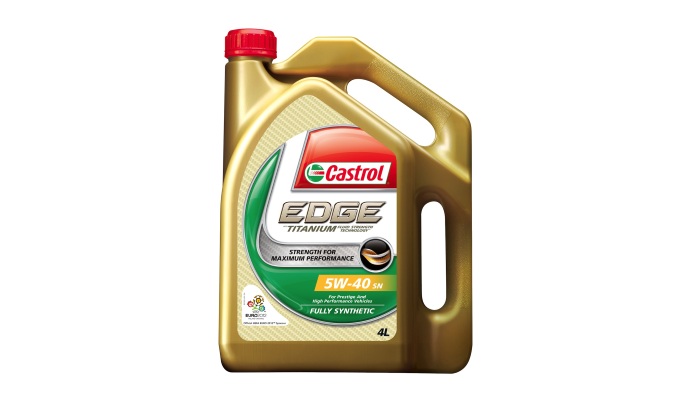
- Shell Helix - quite good option, possessing fine responses of consumers;
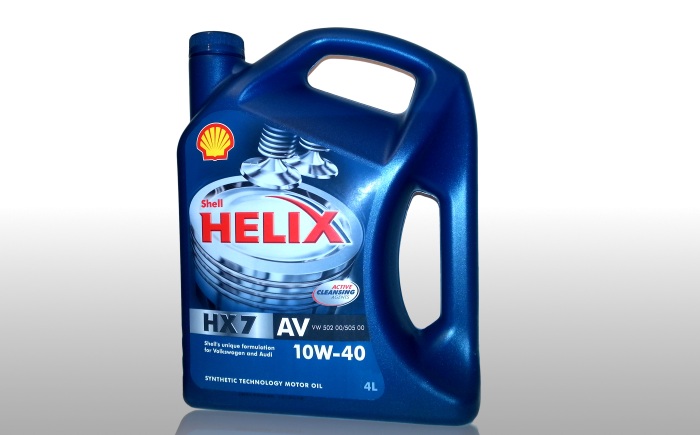
- Xado - excellent quality and additional parameters of efficiency of your engine;
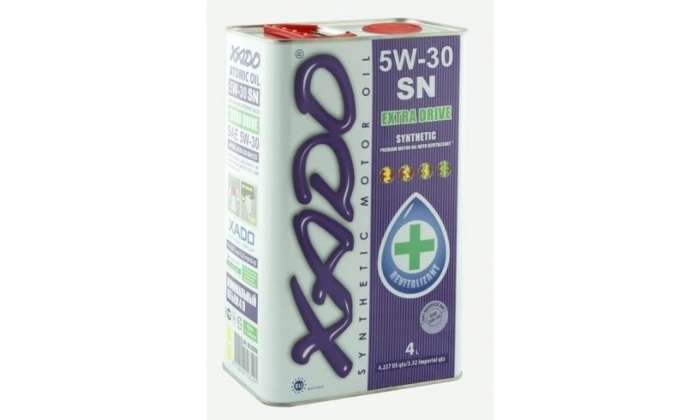
- ZIC - oil with long-term experience and rather high rates of quality;
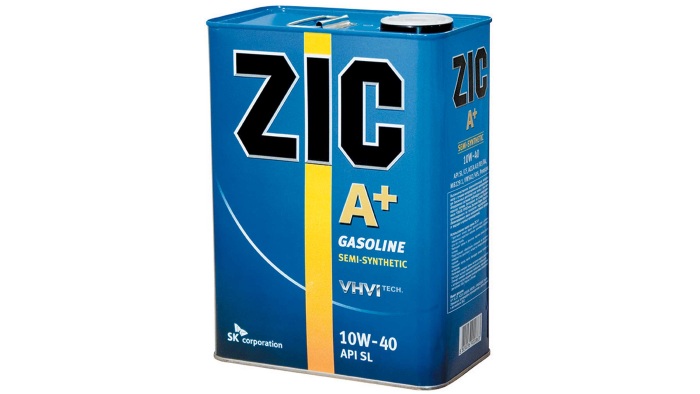
- Mobil - recognized leader in Germany, which has been present in all countries of the world.
Let's sum up the results
The range of types and brands of automobile oil for winter conditions stuns today. Among offers of manufacturers it is possible to find multiple options which will be suitable for your car. You shouldn't choose oil for winter at cost, after all, you can't start your car after a long parking in the cold.
It is also important to consider that fact that if the car is stored in heated garage, requirements to oil considerably decrease. In that case you will be able to use multigrade oil with sufficient parameters of viscosity and not to subject the engine to risk of the increased wear.
About the authors
The CarAraC research team is composed of seasoned auto mechanics and automotive industry professionals, including individuals with advanced degrees and certifications in their field. Our team members boast prestigious credentials, reflecting their extensive knowledge and skills. These qualifications include: IMI: Institute of the Motor Industry, ASE-Certified Master Automobile Technicians; Coventry University, Graduate of MA in Automotive Journalism; Politecnico di Torino, Italy, MS Automotive Engineering; Ss. Cyril and Methodius University in Skopje, Mechanical University in Skopje; TOC Automotive College; DHA Suffa University, Department of Mechanical Engineering




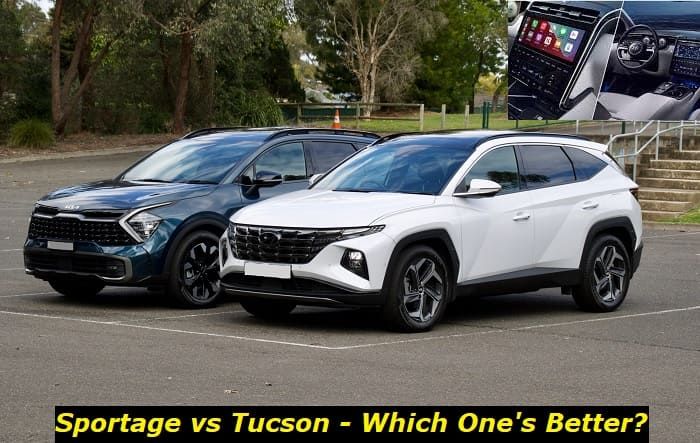
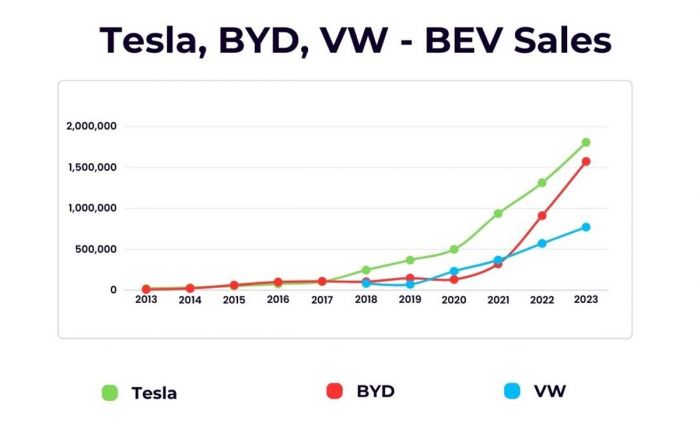
Add comment